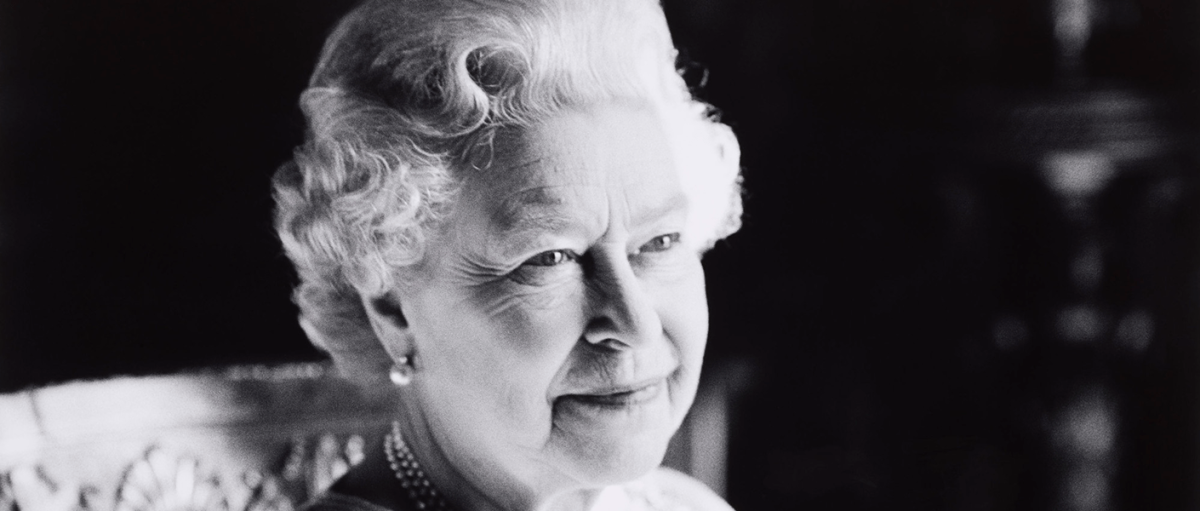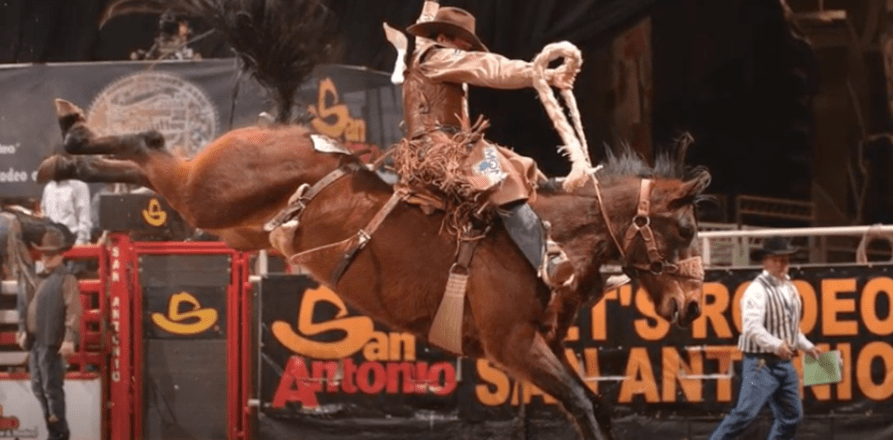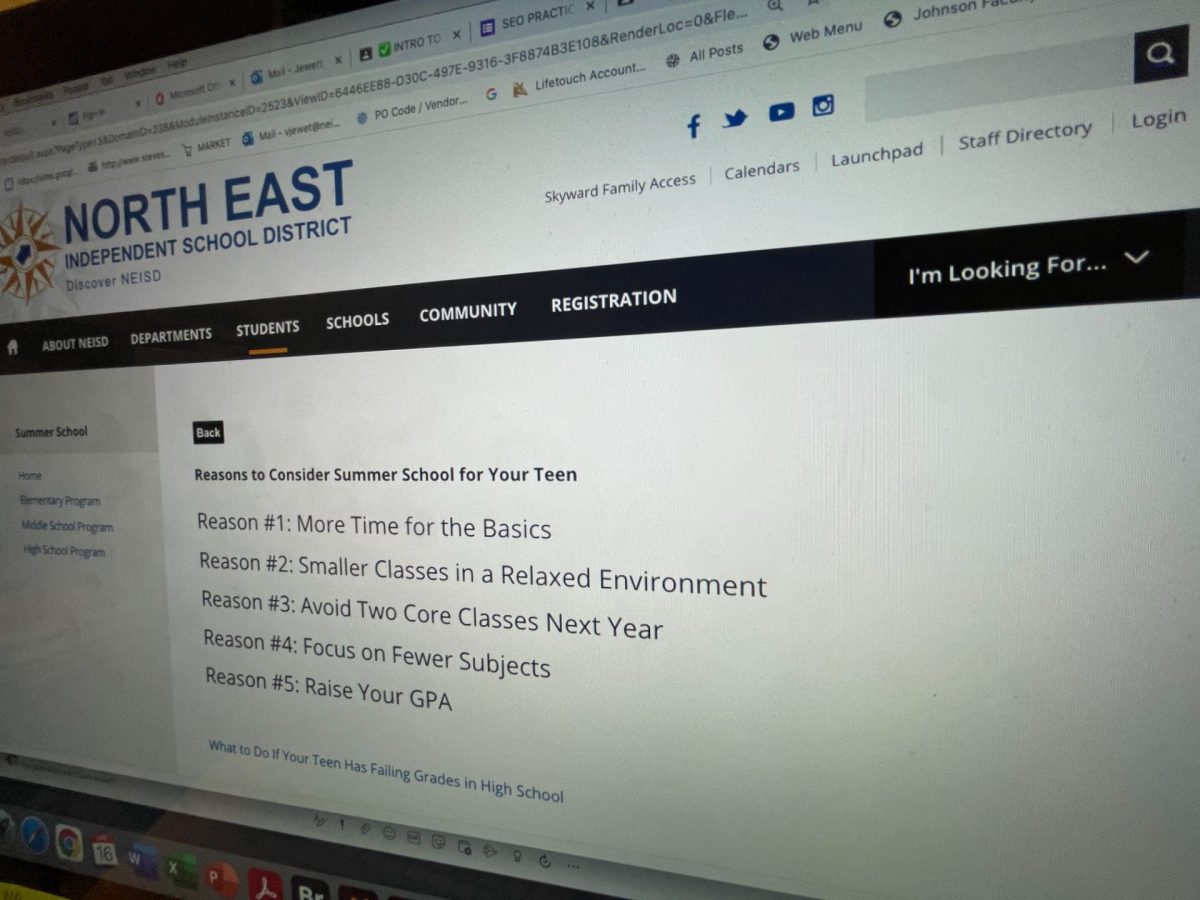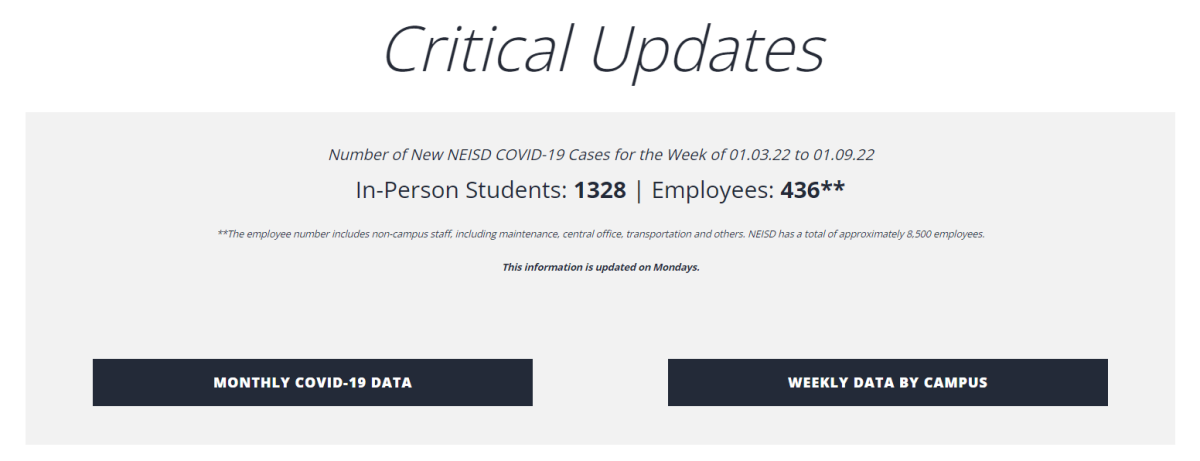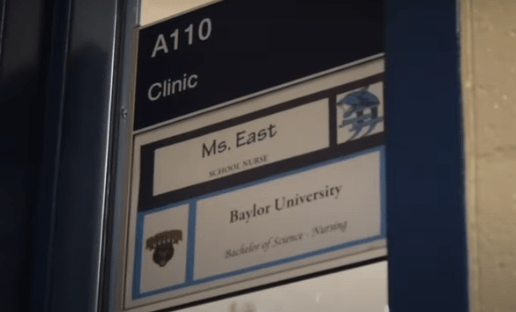by Karina Correa | tech editor
Starting on September 15 all the way through October 15, different places and countries are celebrating Hispanic Heritage. During Hispanic Heritage Month, people often show their culture along with pride and history.
What do you think Hispanic heritage month implies?
“I think it implies just being proud of being who you are and what your culture is and where you come from.” – Annika Vazquez, 10
“Making in place, like people can get to know the Hispanic culture better.” – Oscar Flores, 11
“I think it’s basically just about bringing and representing all the different cultures because there are so many that most of them are forgotten about.” – Isabella Moreno, 10
“For the people that like, I don’t know, I think it’s important because we do a lot for the country and like we are a really big part of everything. I want to talk about America specifically, like the United States. One of the things that make the United States great is about like Hispanics and the work they do, and I think this month helps us to understand how important we are and what we do for the country.” – Andres Contreras, 12
“Celebrating our roots and culture but also acknowledging the struggles that our ancestors went through to get to where we are in this country.” – Yennika Rivera Vazquez, 12
What are your Hispanic roots? If more than one, which one do you identify with and why?
“So I am Puerto Rican from my mom’s side. I’m a bit Cuban but I identify mostly as Puerto Rican.” – Annika Vazquez, 10
“I’m like 100% Mexican.” – Oscar Flores, 11
“I’m Mexican, both of my parents are Mexican.” – Isabella Moreno, 10
“I’m from Venezuela, and I was living in Costa Rica for like, three years and a half so I got that culture too. I’m here and I’ve been meeting other people from other parts of the world like Mexico, Argentina, Spain but the main one is Venezuela.” – Andres Contreras, 12
“My mom is Mexican and my dad is Puerto Rican. I don’t really identify with one more than the other because I was raised very equally with both cultures in my life.” – Yennika Rivera Vazquez, 12
“I’m Puerto Rican.” – William Ramos, 12
What is the most important contribution of Hispanic culture to the United States?
“I think just the sense of family and just also learning about other cultures is always very important. So yeah, just the culture and the way people combine.” – Annika Vazquez, 10
“I think the most important contribution from the Hispanic culture to the United States is a different type of cultures that they can have in their country. Like people that are from the United States can get to know different types of cultures and people can meet new people from different countries and stuff like that.” – Oscar Flores, 11
“I think a lot of us do like a lot of great work for the country like I don’t know, just the backbone of it.” – Isabella Moreno, 10
“I think the hard work that we do and I think like for Hispanics, specifically, since we’re on like on a different situation, if we compare with a person who is born here, I think we’re in a position that we gotta give 100% of our business. I think that’s like the contribution that we did.” – Andres Contreras, 12
“I think it’s like our drive, I guess because we’re very driven. I mean, America is usually the chance that people get to get out of the country that they’re in to create a better life. So we’re very driven. My parents, like my dad, came to college when he was 18. He had no idea, he didn’t speak English. My mom didn’t speak English when she came to high school here. We are very hard-working, determined people.” – Yennika Rivera Vazquez, 12
“I think the most important contribution is our music.” – William Ramos, 12
Who in the Hispanic community represents you the best and why?
“I think, I mean, I love Bad Bunny and other Puerto Rican artists.” – Annika Vazquez, 10
“Bad Bunny is my hero because I love his music and he’s a really big Hispanic influence around the world.” – Oscar Flores, 11
“I guess it’s kind of basic, but I really like Selena, I love singing to like her music. She’s just a really big inspiration for me.” – Isabella Moreno, 10
“Frida Kahlo, I love her. She is one of the- even though a lot of Americans see her as just that one Mexican artist with the unibrow, it goes so much deeper than that. She was one of the first very open androgynous people, especially in Mexico. Her art is raw and unsettling in the best ways. A lot of people haven’t seen her best art, I think, because I’m an artist too, and I hope to do it professionally in the future. But she was also very active in her political scene, which I think- and she used her art to protest anything that she saw that was wrong with the world even though she was injured.” – Yennika Rivera Vazquez, 12
Trivia Question: Which country does Hispanic culture come from?
“Hispanic culture comes from Spain.” – Annika Vazquez, 10
“It comes from Spain.” – Oscar Flores, 11
“Spain, right?” – Isabella Moreno, 10
“All of them. I don’t think there’s… Is there one? I feel like this is a trick question. I mean I guess if we are thinking Hispanic culture then Mexico.” – Yennika Rivera Vazquez, 12
“From Spain.” – William Ramos, 12
Trivia Question: What is the difference between Latino and Hispanic?
“Okay, so Latino is someone that comes from Latin America and Hispanic is someone that speaks Spanish.” – Annika Vazquez, 10
“I think it’s the same. I don’t think they’re different. I thought it was the same. Like I don’t know, what is the difference?” – Oscar Flores, 11
“So Latino is basically people of Latino roots and just coming from that and like the Western Hemisphere and a lot of Hispanic is basically just like sometimes it just includes that but also people in Spain, like that stuff.” – Isabella Moreno, 10
“Latino is anything outside of Central America. I think Hispanic is Central America and a little bit lower.” – Yennika Rivera Vazquez, 12
“Hispanics speak Spanish and Latino is from Latin America so it can be like Brazil or Haiti.” – William Ramos, 12



